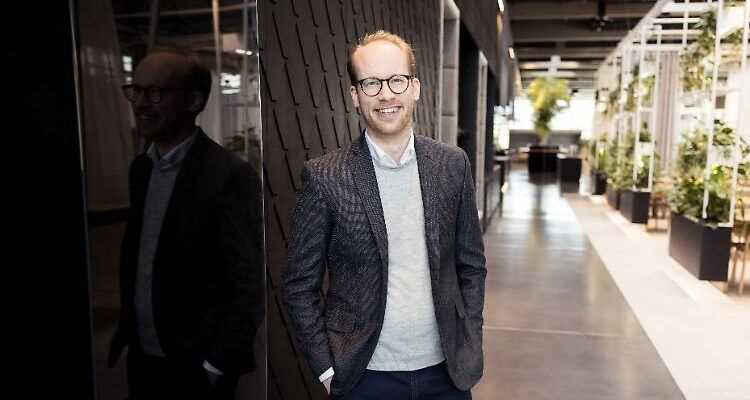Viessmann wants to work climate-neutrally by 2050. The heating engineer urgently needs new skilled workers for this, but they are rare. In the ntv podcast “So techt Germany”, the co-boss of the same name appeals to young climate protectors to look at the “best and most direct lever” in the climate fight.
Max Viessmann has been Co-CEO in his own family company for four years. He runs the heating engineer of the same name together with his father and is responsible for digitization, i.e. for the future. “How does the customer experience and the offers that can be created actually change”, he reports in the ntv podcast “So techt Germany” about his thoughts at the time, from which new business models have now emerged.
One of them is “Heating as a Service”. Heating is no longer bought, customers simply rent it – maintenance and energy supply included. “I didn’t have to have spent years at the Boston Consulting Group to get the idea,” says the former management consultant of his idea.
Changes that are also reflected in togetherness. As with other family businesses, this is “very personal”, says Viessmann. The workforce can write him messages at any time – on LinkedIn, WhatsApp or as SMS. “The boss will get the answers personally, even if there are now more than expected.
Climate neutral by 2050
In “So techt Germany” the ntv moderators Frauke Holzmeier and Andreas Laukat ask founders, investors, politicians and entrepreneurs how things are in Germany as a technology location. You can find all episodes in the ntv app at Audio Now, Apple Podcasts, and Spotify. Also at Amazon Music and Google Podcast you will find it.
Viessmann travels a lot, one of his last stops was the World Climate Conference in Glasgow. Not without reason. “We have to keep reminding ourselves that 40 percent of global CO2 emissions can be traced back to buildings,” explains Viessmann. Heating and cooling played a major role in this. Each of the 13,000 employees at Viessmann face this responsibility. In the future, for example, all products for heating and cooling should be able to use hydrogen or green gases. The company itself wants to be climate-neutral by 2050.
But this requires skilled workers, and there is a lack of them in Germany. “I can only recommend anyone who took to the streets as part of Fridays for Future when they were at school to see to what extent the craft is a future-proof profession for him or her,” Viessmann recruits. Because the craft “is the best and most direct lever to have an influence on the climate development in the future”.
Why he is in favor of more frank words and clarity in climate protection and how difficult it is to find skilled workers – that is what Max Viessmann tells in the new episode of “So techt Germany”.
